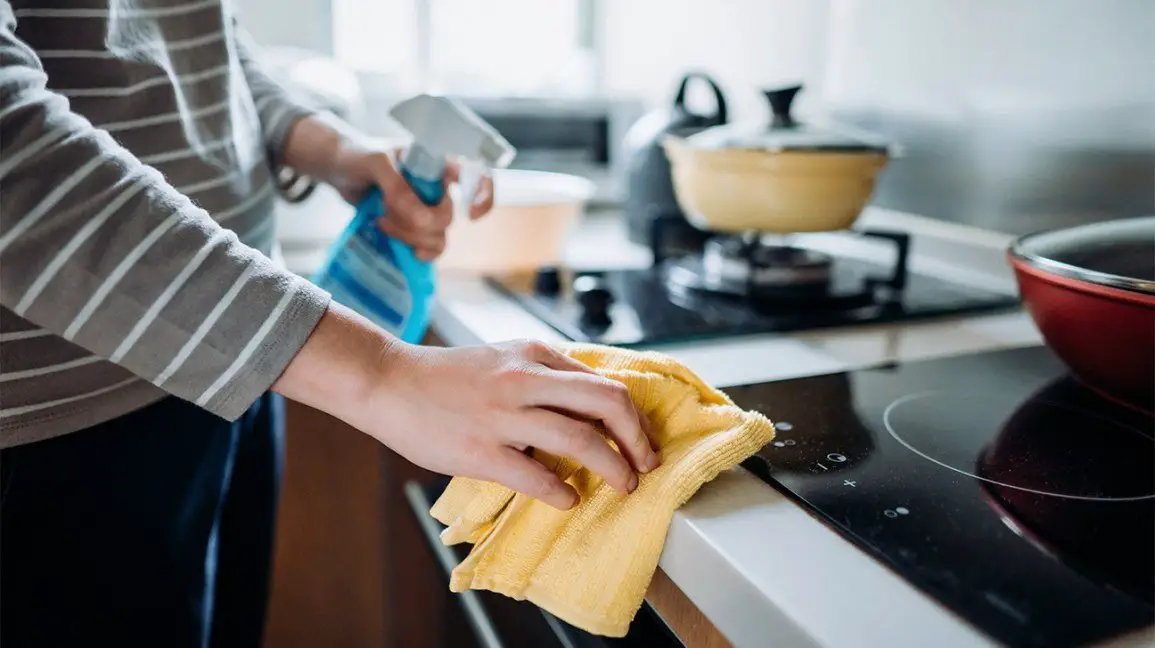Health
Water and Corona-virus FAQs
Published
5 years agoon
By
Jack
It goes without saying that many people are worried about potential exposure to Coronavirus. This is understandable: The Coronavirus has infected millions and killed hundreds of thousands around the world.
However, now more than ever, it is important that people understand what their exposure risks are when it comes to Coronavirus. While means of transmission are still being fully evaluated, scientists and medical experts do appear to have a relatively good idea of how Coronavirus spreads.
For example, many are worried about catching COVID-19 in water. There’s good news there: It appears that the risk for that is low.
Can I get COVID-19 from drinking water?
According to governmental experts at the Center for Disease Control and Environmental Protection Agency, no. In fact, the EPA specifically said that Americans can continue to use public water systems as usual, without fearing any additional exposure to Corona. Thus far, there is absolutely no evidence that COVID-19 can be transmitted in the drinking water. The CDC further noted that standard treatments in local water systems, including filtration and common disinfection, appear to be successful at neutralising any threat to the water system from the Coronavirus – if one even exists.
What about other sources of recreational water, like community pools and rivers?
Again, the evidence here does not exist. According to the CDC, there is zero evidence for any water-based spread of COVID-19. This means that people can continue to use these water sources. However, just because people are in the water doesn’t mean that they can continue to use it as they would under normal times. Federal, state, and local social distancing guidelines still apply, and people should continue to use caution when being near each other. Hand hygiene and mask-wearing remains important.
What about wastewater?
COVID-19 has actually been observed in wastewater systems, although it is currently unknown if someone can get COVID-19 if they are exposed to untreated wastewater. Fortunately, the average person will not have any interaction with wastewater – and certainly not without proper protective gear. As such, individuals should continue to use extreme caution when approaching untreated wastewater, and avoid doing so if possible.
How is COVID-19 affecting access to local water supplies?
Interestingly, many municipalities have reversed water cutoffs caused by a lack of payment, or are halting utility shut-offs. This is a recognition of two things. First, shutting off water access is something that only happens in the most extreme circumstances, and the economic disaster that has come as a result of the Coronavirus has created a moment where people cannot pay their most basic bills. As such, most governmental services are showing additional leniency when it comes to the payment of water bills. Second, water access is essential to stopping the spread of the Coronavirus, as public health experts have repeatedly discussed the importance of people washing their hands in order to stop the spread of the Coronavirus. As such, cancelling water access may unintentionally further the spread of the Coronavirus.
Can drinking water help kill the Coronavirus?
When Corona-virus first arrived in America, there was a story that drinking water could somehow kill the virus or prevent someone from getting it. According to the story, drinking water could help flush the virus from your lungs and keep your mouth moist. That story was false. Drinking water cannot directly kill the Corona-virus or prevent someone from getting it, as drinking water has no direct impact on your lung function. That being said, there is no doubt that staying hydrated is necessary for your overall health, and you should continue to drink water as normal during this pandemic.
What’s better: Washing your hands with soap and water or using hand sanitizer?
Health experts have noted that people should wash their hands regularly throughout the day, using soap and water and for a period of twenty seconds. However, hand sanitiser has also been touted as a good way of killing germs and keeping your hand clean. According to the CDC, washing your hands with soap and water is preferable to hand sanitiser, as washing your hands reduces and kills all types of germs. Hand sanitizer is useful here, but not as effective as washing your hands, as hand sanitizer can kill some (but not all) germs.
Water, of course, plays a critical role in our life, and thankfully, it appears that we can safely drink it during this frightening time. Water’s role goes deeper than that, however: According to available evidence, safe water access can help to kill the corona-virus.
Author

